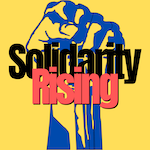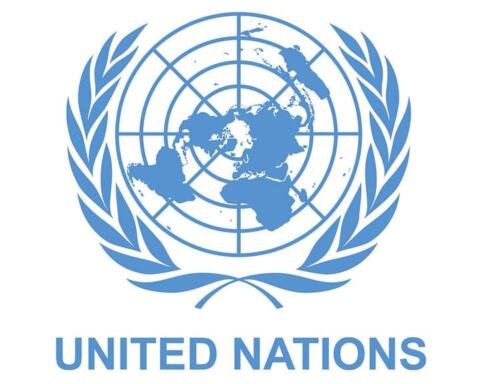Much recent research has illustrated the power of online communities and social media outlets for presenting diverse women’s voices, whose perspectives are too often invisible in mainstream news media (Dustin Harp, Jaime Loke, and Ingrid Bachmann 2014). Nevertheless, there is no shortage of women’s voices in the Saharawi online community.
From the poetic, birthing metaphors present throughout Fatma Aayache’s testimony (2007) of forced disappearance and torture to the recounting of violent kidnaps by Hayat Erquibi (2009) on YouTube, women are as present in the online Saharawi nationalist struggle as they are on the frontline in the Occupied Territories and in the rearguard of diaspora activism. Yet not all Saharawi women’s voices are privileged.
In this article, I firstly attempt to explain which ones remain in the shadows and why, and secondly, ask what could be done to open the platform for marginalized views. Using lessons from the UK, Kenya, and Nigeria, I argue that Saharawi feminists, and indeed feminists elsewhere, can achieve increased success in their activism by “having each other’s backs” across lines of difference and privilege
Full article
Privilege-Marginalization-and-Solidarity-Women-s-Voices-Online-in-Western-Sahara-s-Struggle-for-IndependenceSource: Taylor & Francis Online
Support our work
Support out work
Support our work with a one-off or monthly donation
AuthorJoanna AllanYear2014Pages6LanguageEnglish
Share via
Related resources
The United Nations’ Failure in Resolving the Western Sahara Conflict
Altough a peace plan was accepted by Marocco and the POLISARIO in 1988, and…
The Unresolved Western Sahara Conflict and Its Repercussions
Western Sahara conflicts have yet to be definitively resolved. It now belongs…
Western Sahara: Road to Perdition?
At the time of writing, hopes for a peacful solution to the enduring conflict…



